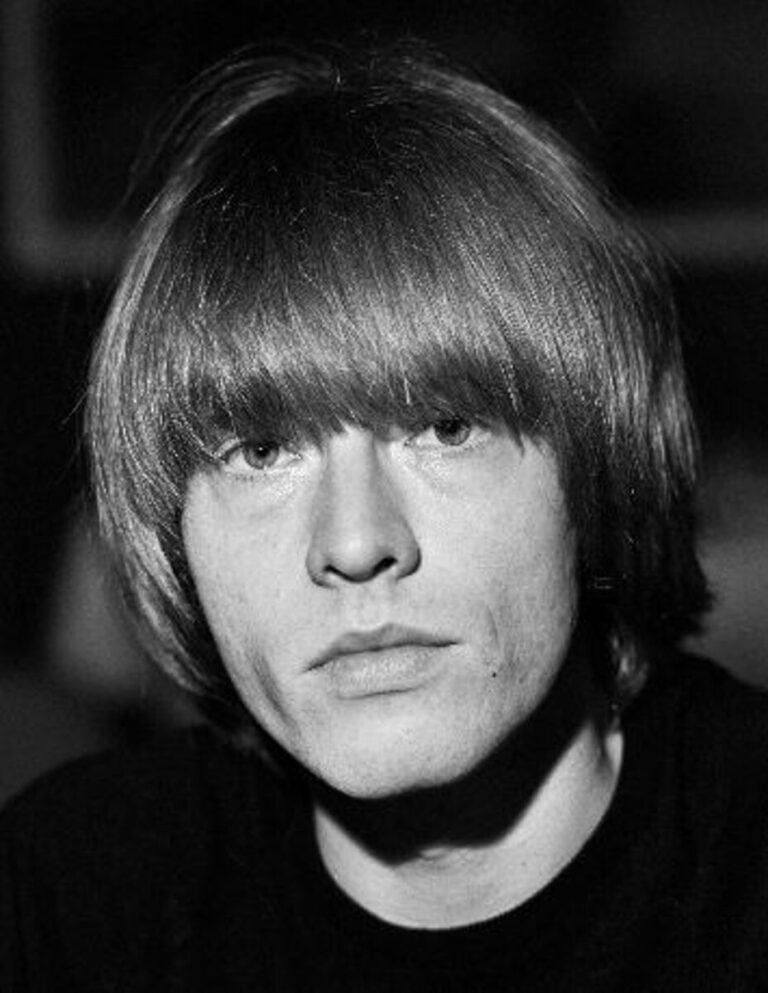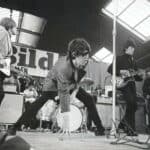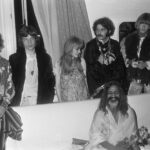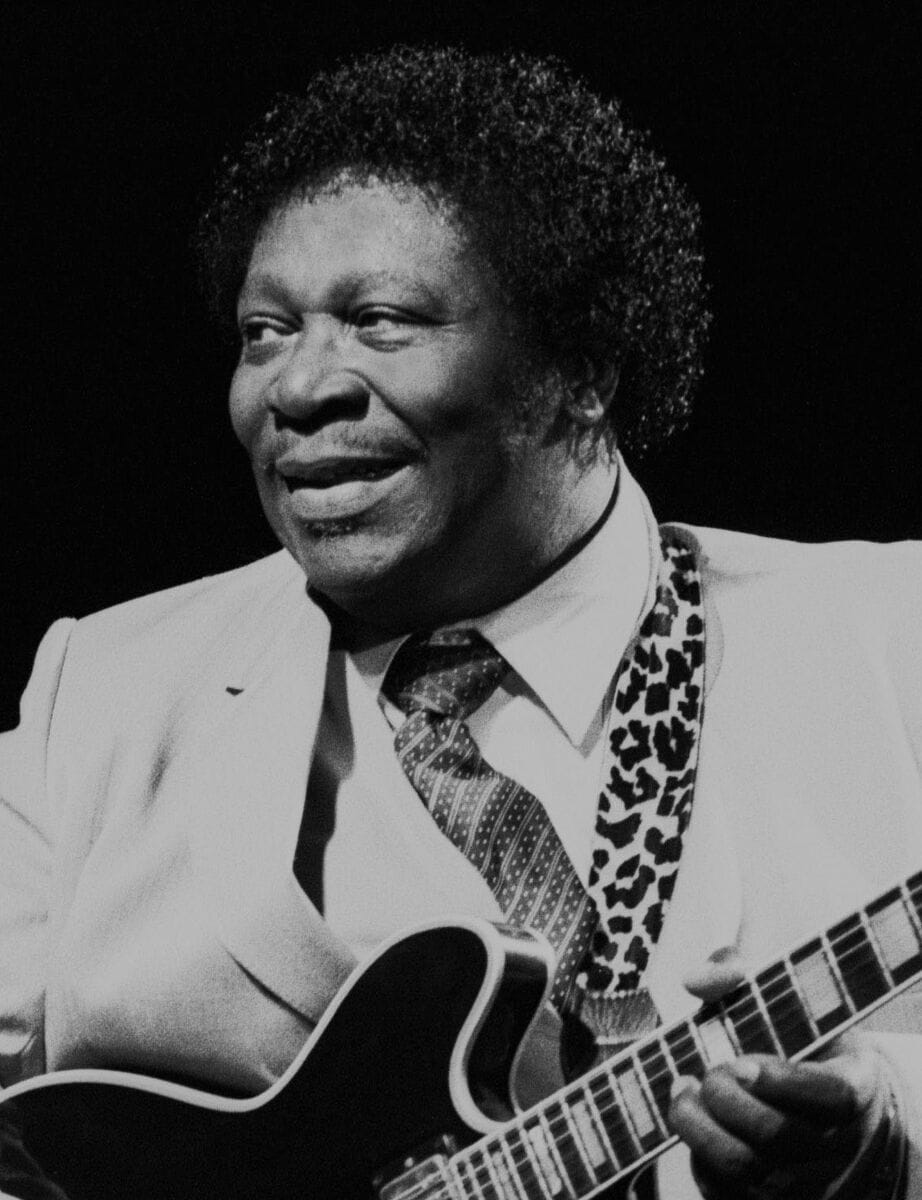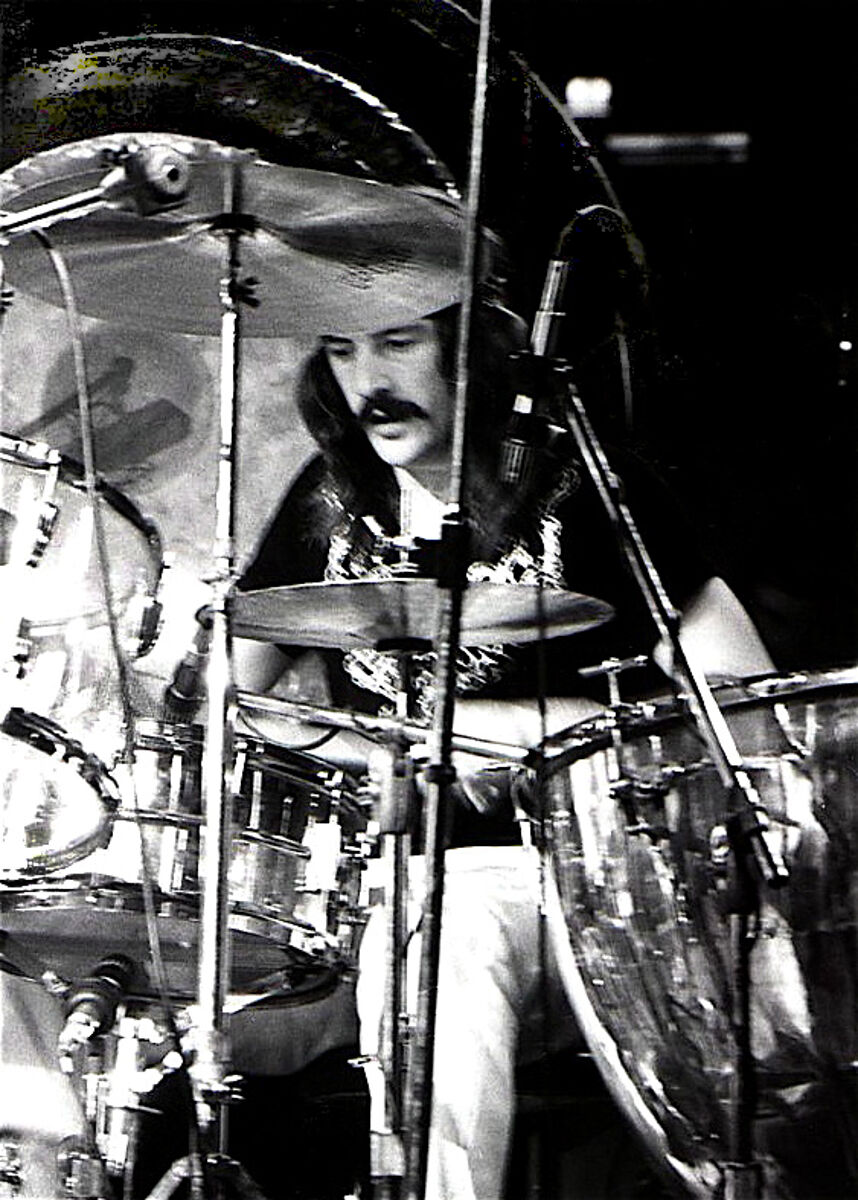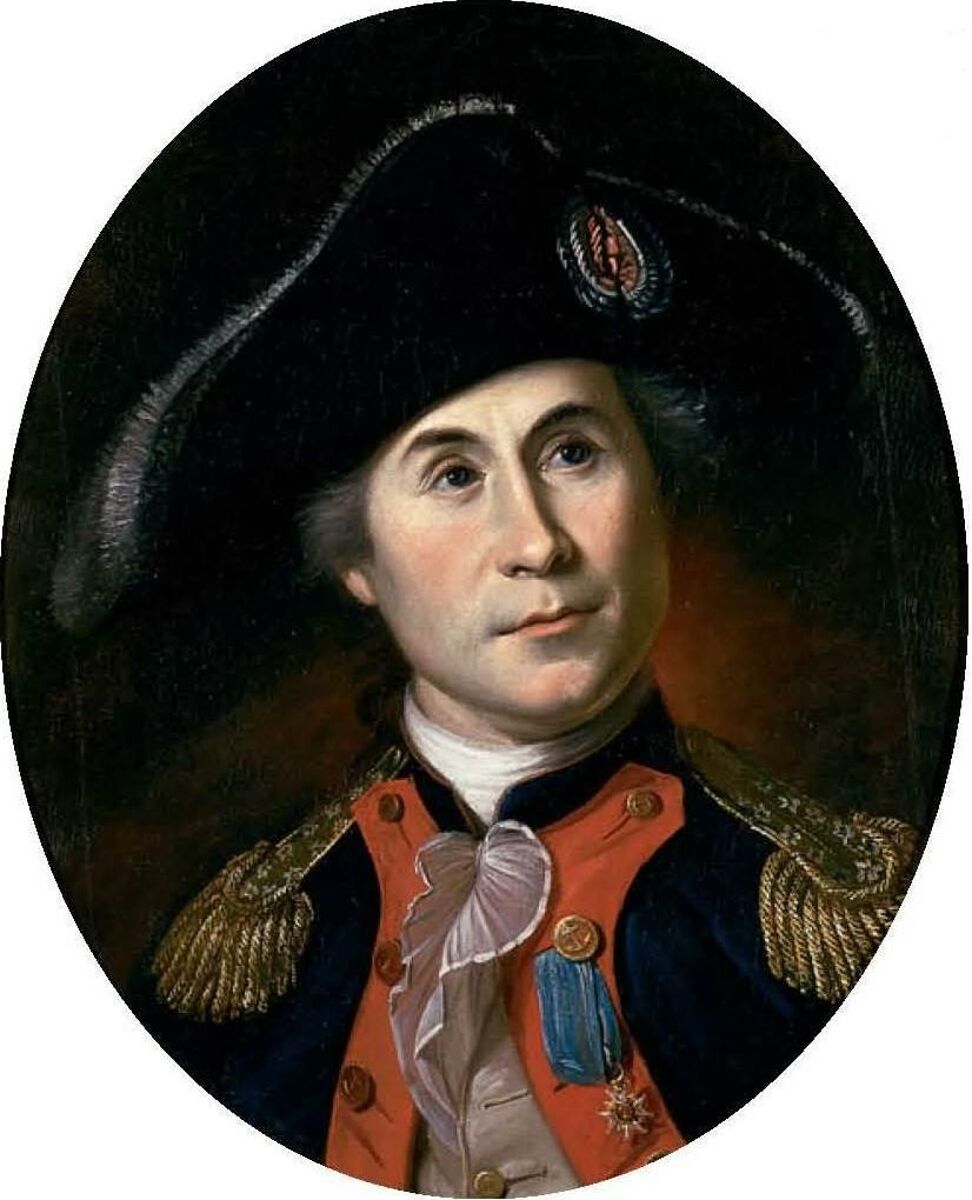Basic Information About Brian Jones
| Category | Celebrities › Rock Stars |
|---|---|
| Professions | Musician, Guitarist, Percussionist, Composer, Bandleader, Record producer, Multi-instrumentalist, Songwriter |
| Net worth | $4,000,000 |
| Date of birth | 1942-02-28 |
| Place of birth | Cheltenham |
| Date of death | 1969-07-03 (aged 27) |
| Nationality | United Kingdom |
| Gender | Male |
| Height | 5 ft 6 in (1.68 m) |
| Social Media | ↗︎ Wikipedia |
Famous Network of Celebrities with Similar Net Worth
References & Fact Checks ✅
- 1/ Filename: brian-jones-statesboro-georgia-may-4-1965-377872218-D8xCv0m0.jpg
-
- Checked: ✅ Yes (2023-07-04 01:24:03)
- Source URL: https://en.wikipedia.org/wiki/File:Brian_Jones,_Statesboro,_Georgia,_May_4,_1965_(377872218).jpg
- Original Source:
Brian Jones, Statesboro, Georgia, May 4, 1965
- Uploaded by LongLiveRock
- Author: Steve Denenberg
- Licence: Creative Commons Attribution-Share Alike 2.0 Generic license.
- 2/ Filename: kungliga-tennishallen-stones-1966a-6309xKVK.jpg
-
- Checked: ✅ Yes (2023-07-04 01:24:04)
- Source URL: https://en.wikipedia.org/wiki/File:Kungliga_Tennishallen_Stones_1966a.jpg
- Original Source:
http://www.stonesvikings.com/stockholm1966.htm - Author: ingen uppgift
- Date taken: 3 April 1966
- 3/ Filename: michaelcooper1967benmerk-50uC3u2Q.jpg
-
- Checked: ✅ Yes (2023-07-04 01:24:05)
- Source URL: https://en.wikipedia.org/wiki/File:MichaelCooper1967BenMerk.jpg
- Original Source:
GaHetNa (Nationaal Archief NL) 920-6593 - Author: Ben Merk (ANEFO)
- Date taken: 1 September 1967
- 4/ Filename: brian-1969-v9245Im6.jpg
-
- Checked: ✅ Yes (2023-07-04 01:24:06)
- Source URL: https://en.wikipedia.org/wiki/File:Brian_1969.tif
- Original Source:
Gift from Brian's parents - Author: Unknown author
- Licence: Creative Commons Attribution-Share Alike 3.0 Unported license.
- Date taken: 1969
- 5/ Filename: brian-jones-grave-stone-cheltenham-2019-pD2S6SOy.jpg
-
- Checked: ✅ Yes (2023-07-04 01:24:08)
- Source URL: https://en.wikipedia.org/wiki/File:Brian_Jones_grave_stone_Cheltenham_2019.jpg
- Original Source:
Own work - Author: Timo Tijhof
- Licence: Creative Commons Attribution 4.0 International license.
- Date taken: 3 July 2019
- 6/ Filename: brian-jones-guitar-hrc-sacramento-Gn3K7257.jpg
-
- Checked: ✅ Yes (2023-07-04 01:24:09)
- Source URL: https://en.wikipedia.org/wiki/File:Brian_Jones_guitar,_HRC_Sacramento.jpg
- Original Source:
originally posted to Flickr as Brian Jones Rolling Stones Guitar - Author: Nick Ares
- Licence: Creative Commons Attribution-Share Alike 2.0 Generic license.
- Date taken: 4 August 2007, 14:41:31
- 7/ Filename: graffiti-tel-aviv-khayim-ben-atar-st-zoom-05b4k8M5.jpg
-
- Checked: ✅ Yes (2023-07-04 01:24:10)
- Source URL: https://en.wikipedia.org/wiki/File:Graffiti_Tel_Aviv,_Khayim_Ben_Atar_St_-_zoom.jpg
- Original Source:
Own work - Author:
Jonathan Kis-Lev (1985–) 


Alternative names John KissDescription Israeli artist, painter, actor and graffiti artist Date of birth 12 September 1985 
Location of birth Mishmar Ayalon Work period 1995  –
–Authority file  : Q2333031
: Q2333031

- Licence: Creative Commons Attribution-Share Alike 4.0 International license.
- Date taken: 2 October 2014, 16:55:58
- 8/ Filename: brian-jones-50th-anniversary-attendence-2019-0OZ3j3AZ.jpg
-
- Checked: ✅ Yes (2023-07-04 01:24:13)
- Source URL: https://en.wikipedia.org/wiki/File:Brian_Jones_50th_anniversary_attendence_2019.jpg
- Original Source:
Own work - Author: Timo Tijhof
- Licence: Creative Commons Attribution 4.0 International license.
- Date taken: 3 July 2019

